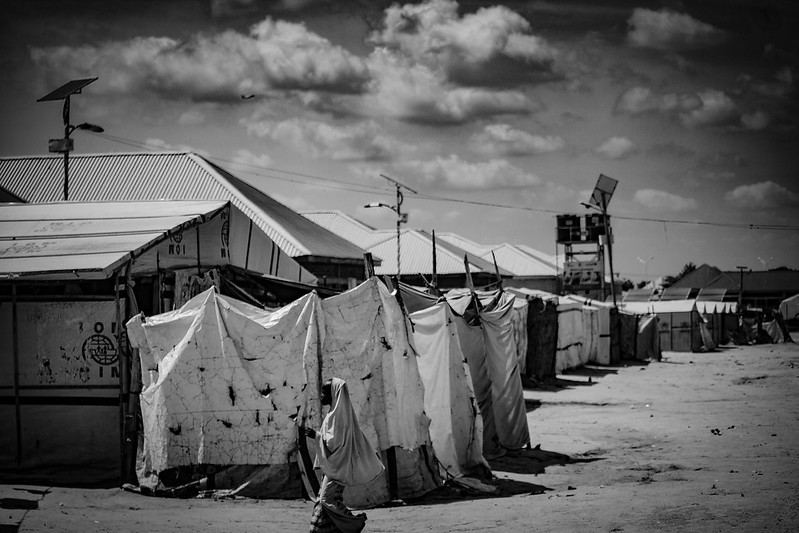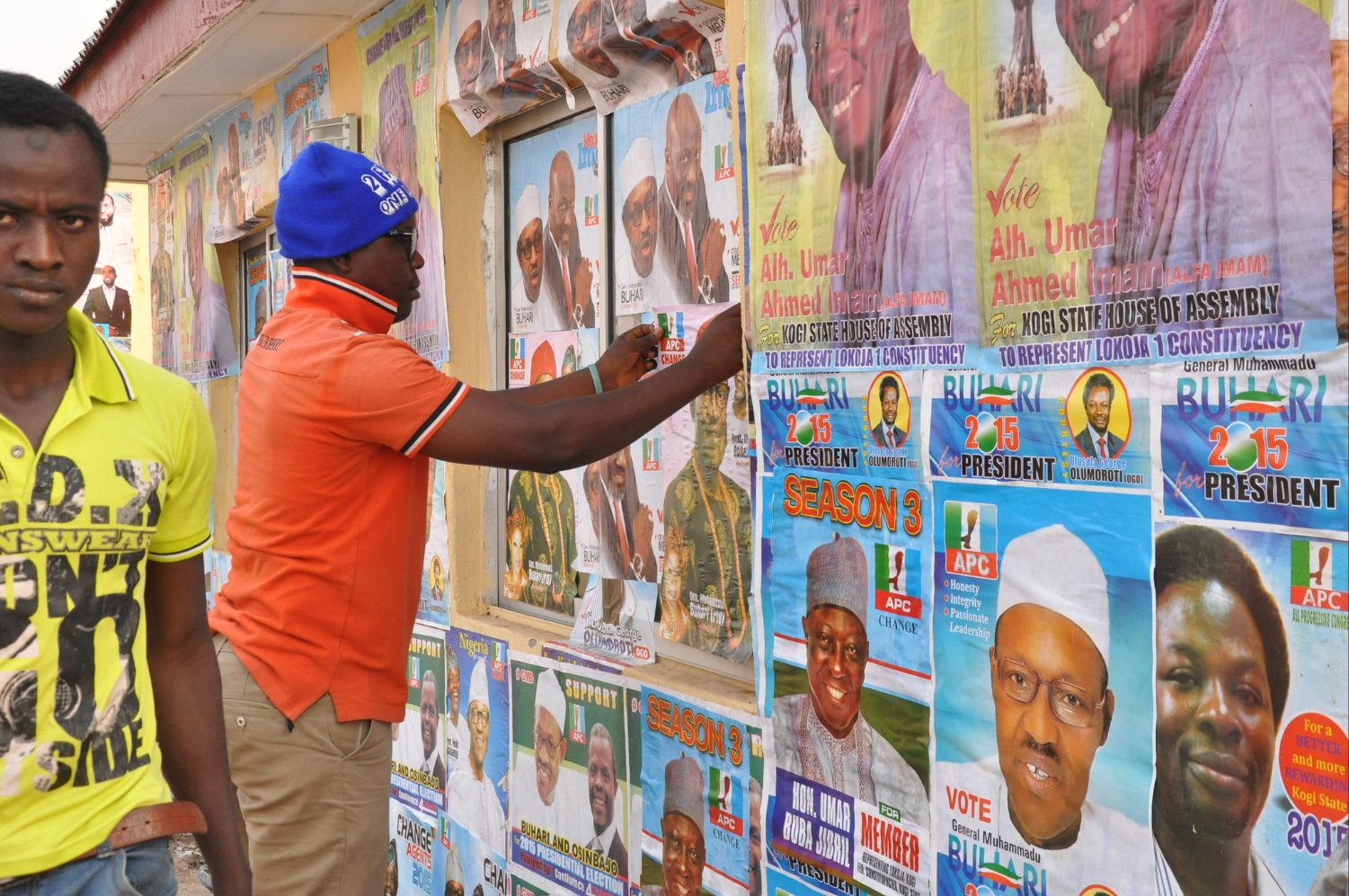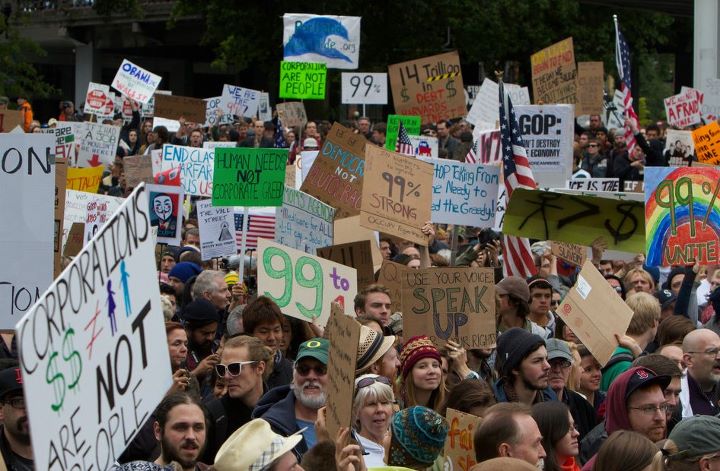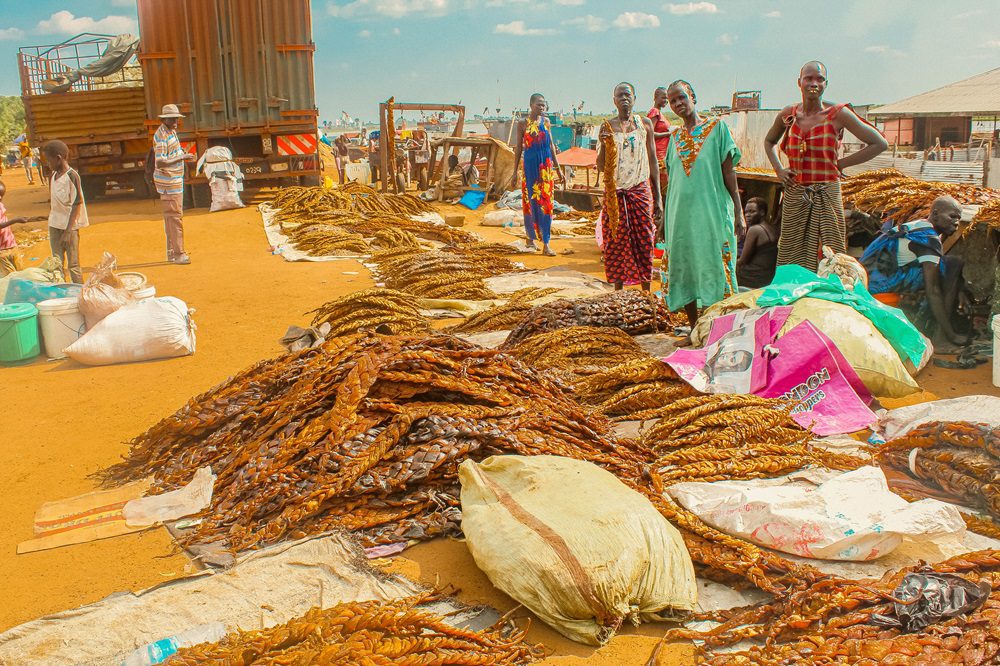by Jared Miller
A manmade humanitarian crisis is a tragedy, but for some, it is also a lucrative opportunity. As the crisis deepens prompting massive security and humanitarian spending, along with the increasing cost of rebuilding, for certain individuals, the ensuing crisis economy becomes more lucrative than the peacetime economy. While some benefit, millions suffer. The crisis in northeast Nigeria epitomizes this dynamic. In 2015, President Buhari declared a “technical victory” over Boko Haram, yet seven years later, the insurgency raged on, and the humanitarian crisis reached new heights with more than 4 million in the northeast facing critical food insecurity. Using the political marketplace framework, this paper analyses the politics behind the crisis and how competitive, rent-seeking politics caused and have perpetuated the manmade crisis in the northeast. This analysis covers the genesis and evolution of the crisis from the late 1990s through March 2022. The author argues that efforts to end the crisis have been undermined by those who benefit from a continued crisis economy funded by security, humanitarian, and development rents. This paper describes the evolution and competition of these interests, along with the interplay between the humanitarian response and political marketplace dynamics.
Access the full report: The Politics and Profit of a Crisis: A Political Marketplace Analysis of the Humanitarian Crisis in Northeast Nigeria
This research was completed as part of the Conflict Research Programme, a four-year research programme hosted by London School of Economics IDEAS and funded by the UK Foreign, Commonwealth, and Development Office.



